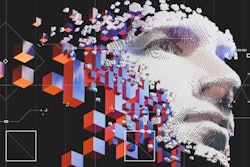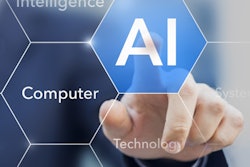Dear Artificial Intelligence Insider,
Unexpected findings on radiology exams need to be promptly communicated to physicians and patients. But artificial intelligence (AI) algorithms can help ensure that these important results don't get overlooked, according to new research from a Spanish team.
In other news this issue, the European Society of Radiology has issued a response to the European Commission's white paper on AI. Although it welcomed the white paper, the society has offered a number of important recommendations for how to enable AI to reach its full potential in healthcare.
The COVID-19 pandemic has sparked a surge in imaging informatics initiatives involving deep learning, data sharing, multicenter image data collection, online data annotation, and assembling large repositories. As a result, it's important that these topics be added to the radiology training curriculum, according to informatics expert Peter van Ooijen, PhD. Speaking of COVID-19, the pandemic could be a double-edged sword for AI adoption, according to Steve Holloway of Signify Research.
A deep-learning algorithm could potentially be used to automatically exclude cardiac CT exam results that are negative for coronary artery calcium, streamlining radiology workflow, according to Dutch researchers. In addition, researchers from Switzerland concluded that an AI model can automatically assess image quality on 3D whole-heart cardiac MR images.
Another Swiss team found that a machine-learning algorithm could predict from resting-state functional MRI data whether a patient in a coma after cardiac arrest will regain consciousness. AI is also expected to play a major future role in musculoskeletal imaging, according to a preview of upcoming abstracts at ECR 2020.
A team of researchers from the U.K. has expressed concerns about the use of AI to enhance image reconstruction in radiology, warning that the algorithms they tested had inherent instability issues that could potentially even lead to a wrong diagnosis. However, AI can help to detect traumatic brain injury on head CT exams, as well as accurately assess the type of injury, quantify lesion burden, and measure progression, according to another U.K. group.
Radiologists in Italy often have mixed feelings about AI. Although they tend to view the technology positively and believe they won't be replaced by it, many are also concerned that AI could diminish their professional reputation.
Is there a story you'd like to see covered in the Artificial Intelligence Community? Please feel free to drop me a line.



















